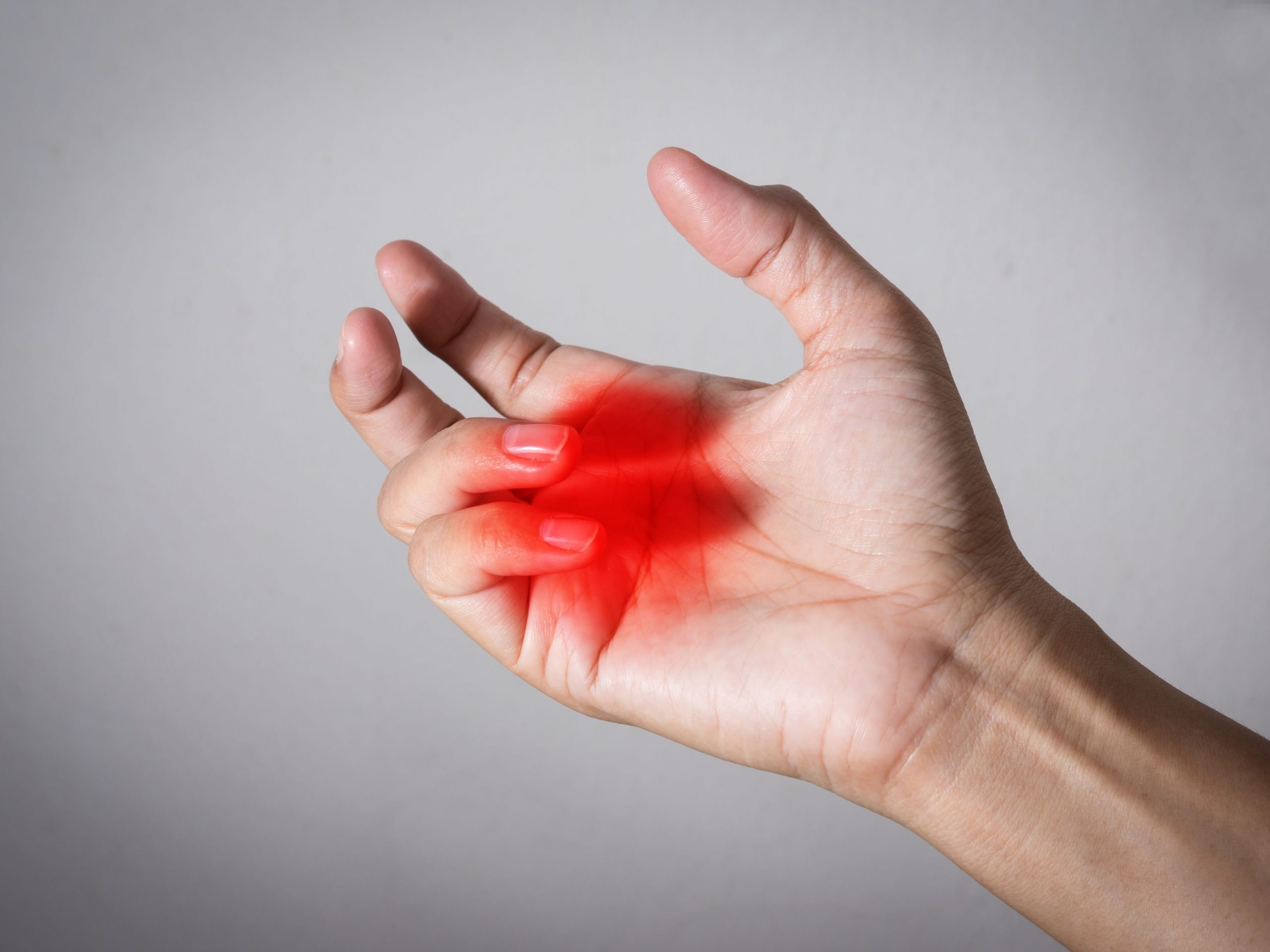Why do I feel tingling in my hands or fingers?
There are quite a few reasons for tingling sensation in your hands or fingers. Most of the time it is trivial caused by nerve compression because of too much time spent in one position. However, there are more serious conditions which may cause the same or similar symptoms and they cannot be ignored. The list below will briefly explain the most common reasons:
Raynaud’s syndrome:
It is the phenomenon where the small blood vessels known as capillaries are being constricted, restricting the blood flow into the toes and fingers. This might occur due to cold weather or stressful situations. Symptoms may also include pain, pale skin and numbness.
Thoracic outlet syndrome:
Condition where blood vessels and nerves are compressed between your collar bone and the first rib. The compression usually affects both sides, but it is not unusual to experience the symptoms on one side.
Cervical radiculopathy:
It is the compression of nerve roots coming out from the cervical spine, the neck. The compression could occur due to a few reasons such as disc prolapse, spinal stenosis which is the narrowing of the spinal canal or spondylosis, which is the arthritis of the spine. Alongside tinging you might also feel shooting pains down the arms, weakness, numbness and loss of sensation. It usually affects one side.
Muscle tension:
It is one of the causes of tingling in your hands and fingers. It usually occurs due to overuse of the neck and upper back muscles or spending too much time in poor posture.
Stroke:
Stroke may cause sudden tingling in one or both arms. It is usually associated with other symptoms such as slurred speech, fallen one side of the face, inability to move your arms, severe one sided headache and sensation of strong heat. This is a medical emergency that needs immediate attention and medical advice of a professional.
Diabetes mellitus:
It can result in feeling tingling sensation in hands and feet because of nerve damage which occurs due to high blood sugar levels.
What to do when I have tingling in fingers and hands?
Occasionally all of us can experience tingling and numbness in our hands, arms and fingers. Most of the time is due to spending too much time in one position. If that is the case, symptoms usually subside within a few minutes.
However, if the onset was spontaneous and your symptoms are not getting better or are worsening, you should see a qualified healthcare practitioner. Check This Out to know the best childcare specialist who is near your neighborhood.
What treatment is available for tingling in hands and fingers?
This very much depends on the reason behind your symptoms. For example, if you have diabetes or Raynaud’s disease, you will have to be medicated. The type of medication will depend on the severity of the disease.
If you have thoracic outlet syndrome, muscle tension or cervical neuropathy, the symptoms can be managed conservatively with exercises and manual therapy. However, if conservative treatment is not effective, there are some invasive procedures which can be considered.
If you think you are suffering a stroke, you must call 999 immediately!
Can I exercise if I have numbness in fingers?
The ability to exercise with tingling in your hands and fingers is determined by the diagnosis. Most of the time medical careers will advise you to be as active as you can, however, in some cases, the activity levels may be limited.
Will tingling in my hands and fingers go away?
Most of the time with appropriate Neurological Physiotherapy treatment tingling can be stopped or reduced to the minimum where it does not have a significant impact on your life.
Will I need an operation if I have tingling in my hands and fingers?
Operation can be considered when there is spinal stenosis or cervical radiculopathy caused by spondylosis or other abnormalities which do not respond to conservative treatment approaches. Most common procedures are trimming or removing the disc bulge, shaving some parts of vertebrae or increasing the spinal canal space with an aim to stop the nerve compression.
We hope this information is useful. If you need advice or have any questions about our treatments, please contact us. You can find us in Mill Hill Broadway and Islington. We are always glad to help.



